Micro Enterprise Development (MED)
Micro Enterprise Development (MED) is a key component of the Startup Village Entrepreneurship Programme (SVEP), a sub-scheme under the Deendayal Antyodaya Yojana - National Rural Livelihoods Mission (DAY-NRLM). The program aims to empower Self Help Groups (SHGs) and their family members to launch sustainable enterprises in the non-farm sector, fostering a vibrant rural entrepreneurial ecosystem.
With a strong focus on hand-holding, mentoring, financial support, and community engagement, MED provides a structured path from business idea to successful enterprise establishment.
Key Features of the MED Training Module
1. Develop an Initial Ecosystem
Create an entrepreneurial foundation. Identify potential entrepreneurs in selected blocks and provide them with the tools, training, and resources to launch successful enterprises.
2. Cultivate a Culture of Entrepreneurship
Inspire self-reliance and innovation.
Foster an environment where entrepreneurship becomes a valued community mindset, encouraging initiative and creativity
3. Enterprise Establishment Support
Transform ideas into viable enterprises.
Support SHGs and their families with guidance, resources, and mentorship to start sustainable non-farm businesses.
4. Transition to Structured Programs
Prepare for the next level.
Equip aspiring entrepreneurs with foundational skills and confidence to advance into SVEP and One Stop Facility programs
5. Continuous Hand-Holding Support
Mentorship for real-world challenges.
Offer personalized guidance, regular check-ins, and problem-solving support during the early stages of business
6. Post-Enterprise Grounding Assistance
Ensure stability after launch.
Continue support post-establishment through CIF and institutional aid, focusing on enterprise sustainability.
7. Financial Mobilization
Access capital with confidence.
Mobilize funds through NRLM’s Community Investment Fund and linkages with banks and financial institutions.
8. Fostering Community Engagement
Build a collaborative ecosystem.
Promote collective participation, peer mentoring, and knowledge sharing for sustained entrepreneurial momentum.
9. Monitoring & Evaluation
Track progress, measure impact.
Use data-driven evaluation systems to monitor business outcomes, assess income growth, and refine strategies.
Essential Criteria for MED Enterprises
To ensure readiness and sustainability, enterprises under MED must meet the following criteria
• Entrepreneurs must undergo formal training and skill development sessions
• A minimum capital investment of ₹30,000 is necessary to kickstart the enterprise
Community Engagement
At the heart of MED lies the community. By fostering collaboration, collective problem-solving, and peer mentoring, MED promotes a culture where entrepreneurship becomes a shared aspiration and effort
Monitoring & Evaluation Framework
A robust monitoring system tracks
Improvement in Livelihood
Entrepreneurial capacity
Enterprise growth
Community impact
The Micro Enterprise Development (MED) Program is a 32-day intensive training initiative designed to build capacities of CRP-EPs in:
Implemented MED Projects across India
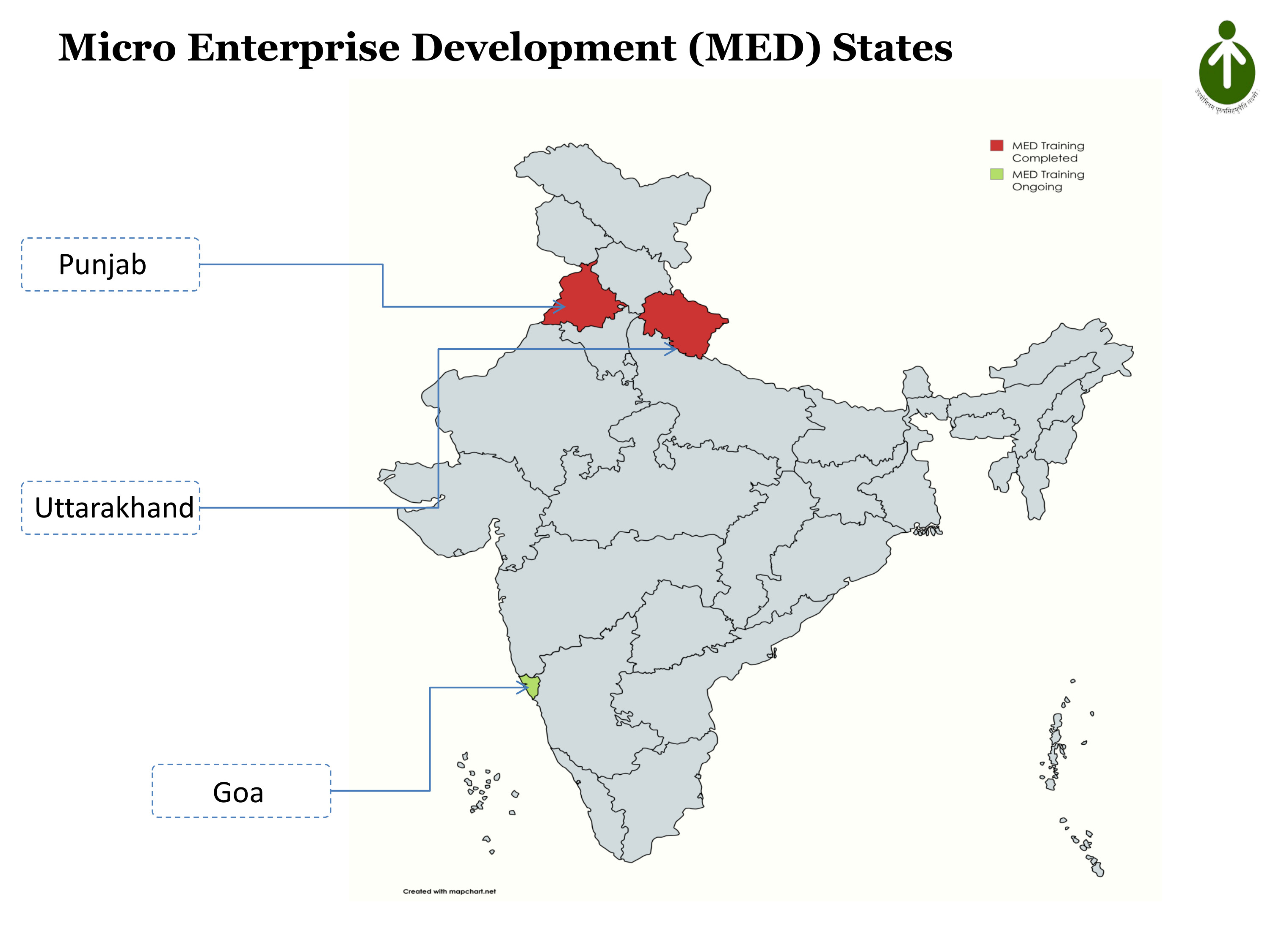
Empowering Women Entrepreneurs in Uttarakhand
A remarkable milestone in rural entrepreneurship!
Women Community Resource Persons – Enterprise Promotion (CRP-EPs) from Uttarakhand have successfully cleared the Micro Enterprise Development (MED) certification exam, becoming certified trainers equipped to mentor aspiring rural entrepreneurs.
This transformative training empowers CRP-EPs to catalyze rural enterprise creation, promote self-reliance, and drive local economic development.
Training Highlights & Results
A total of 57 women CRP-EPs from two key blocks of Uttarakhand participated:
- Sahaspur – 29 out of 32 trained CRP-EPs
- Udham Singh Nagar – 28 out of 30 trained CRP-EPs
| MED Programme in 07 Blocks under 4 Districts- Uttarakhand |
| S. No | Mandal | Name of District | Name of Block | Appearing for Exam | Qualified the Exam |
|---|---|---|---|---|---|
| 1 | Garhwal Mandal | Chamoli | Karnprayag | 9 | 8 |
| 2 | Dehradun | Doiwala | 6 | 5 | |
| 3 | Raipur | 9 | 8 | ||
| 4 | Pouri Garhwal | Dugadda | 8 | 8 | |
| 5 | Kumaon Mandal | Nainital | Ramnagar | 8 | 8 |
| 6 | US Nagar | Bajpur | 12 | 11 | |
| 7 | Khatima | 10 | 9 | ||
| Note | One CRP-EP absent in the day of certification from Doiwala Block, Dehradun | Total | 62 | 57 |
What This Means for Rural India
These newly certified women CRP-EPs will:
- Mentor rural entrepreneurs to start and grow non-farm enterprises
- Provide business planning, financial linkage, and marketing support
- Promote financial independence and local employment opportunities
- Act as role models for other women in their communities
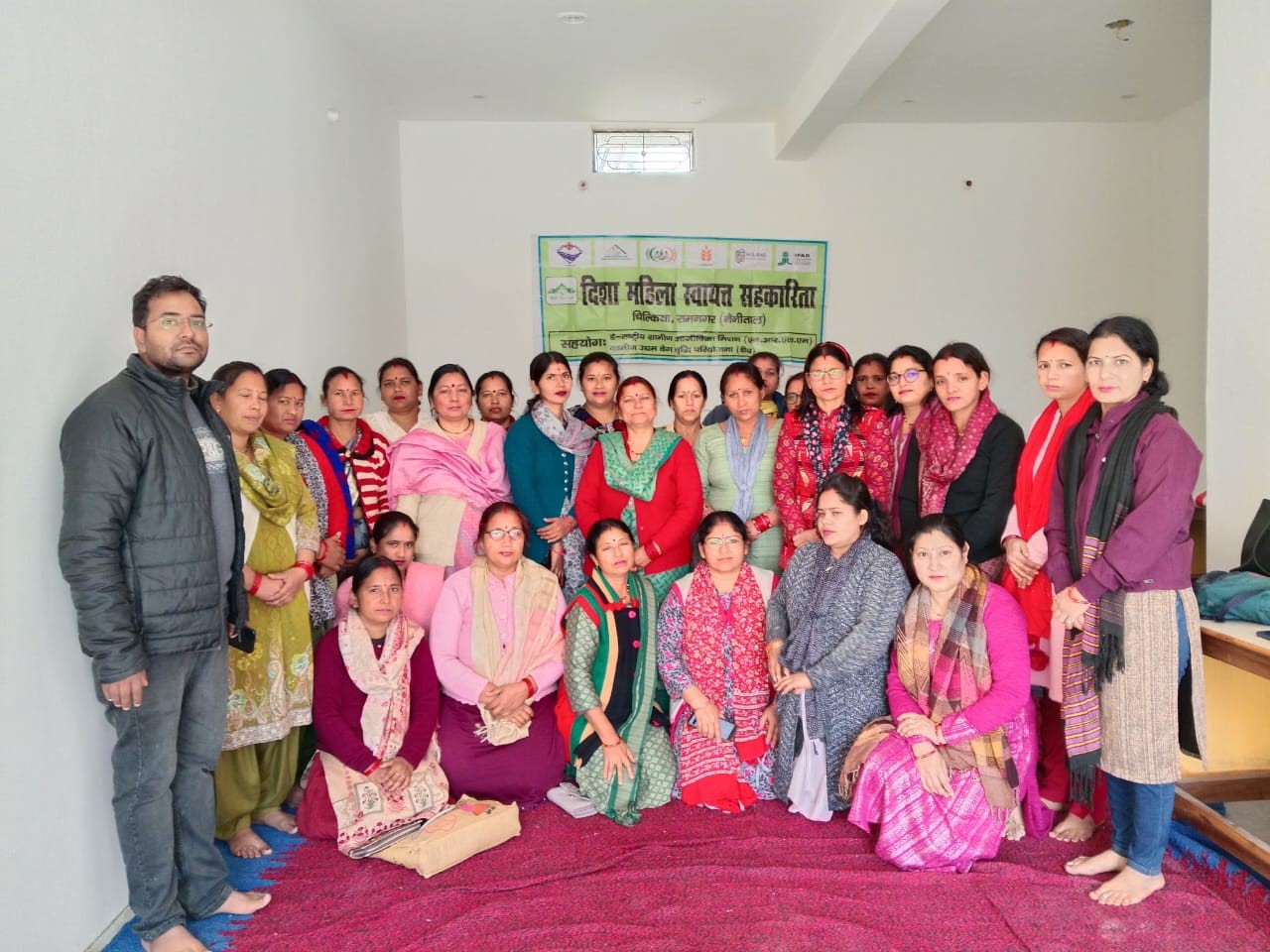
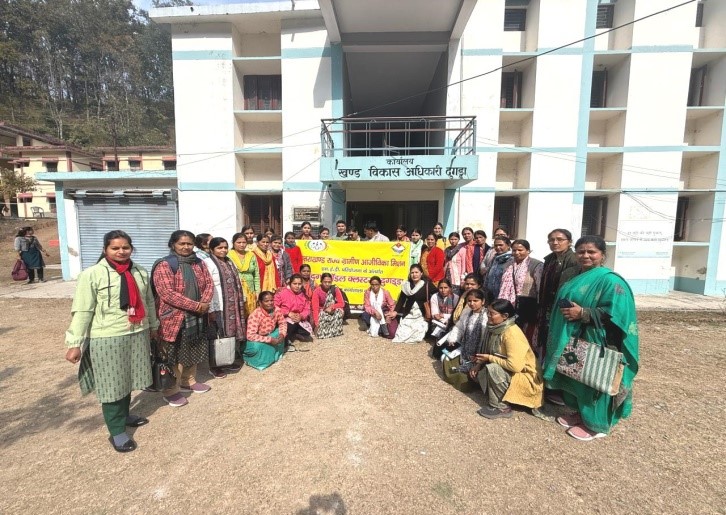
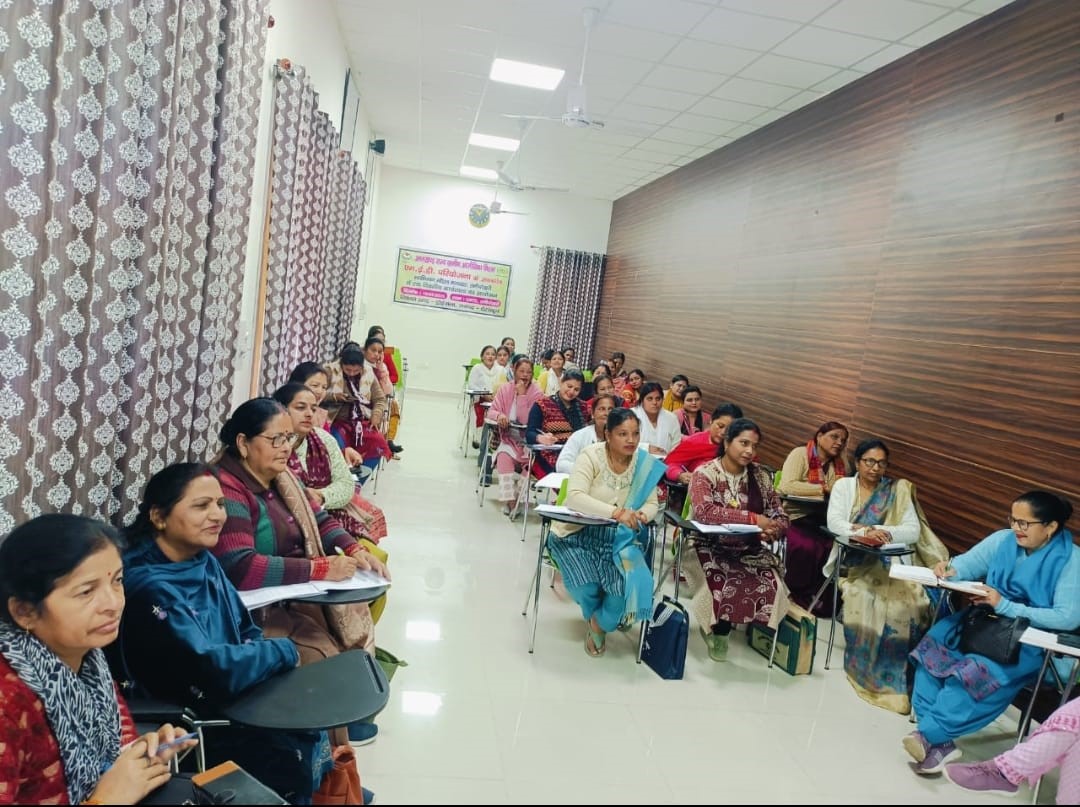
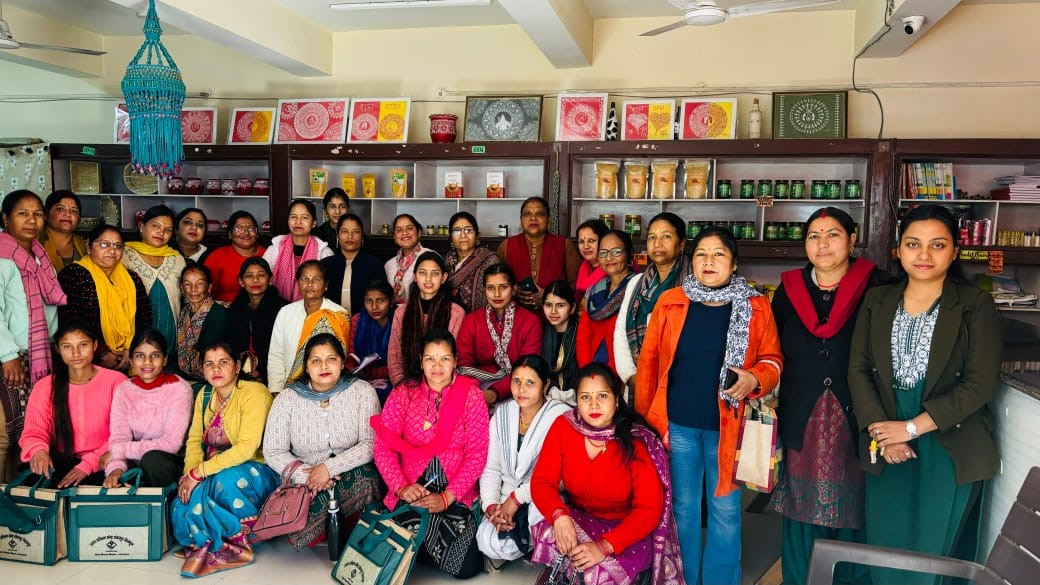
Fueling Rural Dreams: MED Refresher Ignites Enterprise in Punjab
In a significant step towards strengthening grassroots enterprise promotion, a 3-day refresher training under the Micro Enterprise Development (MED) Programme was conducted in Gurdaspur, Punjab, from February 25 to 28, 2025. Led by EDII-NRO mentor Mr. Mohit Arya, the training focused on reinforcing the knowledge and field-level skills of Community Resource Persons – Enterprise Promotion (CRP-EPs) from the Dhariwal and Kalanaur blocks.
With participation from 26 CRP-EPs, the training revisited key concepts from earlier sessions, resolved on-ground challenges, and prepared candidates for the National Assessment and Recognition (NAR) certification. The sessions included presentations, demo tests on mobile-based platforms, and one-on-one mentoring to boost confidence and clarity.
This capacity-building effort culminated with a successfully conducted NAR examination in collaboration with PSRLM officials and state consultants. All trainees passed the certification and expressed satisfaction with the comprehensive training. The MED refresher has not only upgraded CRP-EPs' entrepreneurial capabilities but also equipped them to provide sustained support to rural entrepreneurs in Punjab
| Block | No. of Participants | Gender | Category Coverage |
|---|---|---|---|
| Dhariwal | 14 | All Female | SC, OBC, General |
| Kalanaur | 12 | All Female | SC, OBC, General |
| Total | 26 CRP-EPs | 100% Female | Inclusive representation across categories |
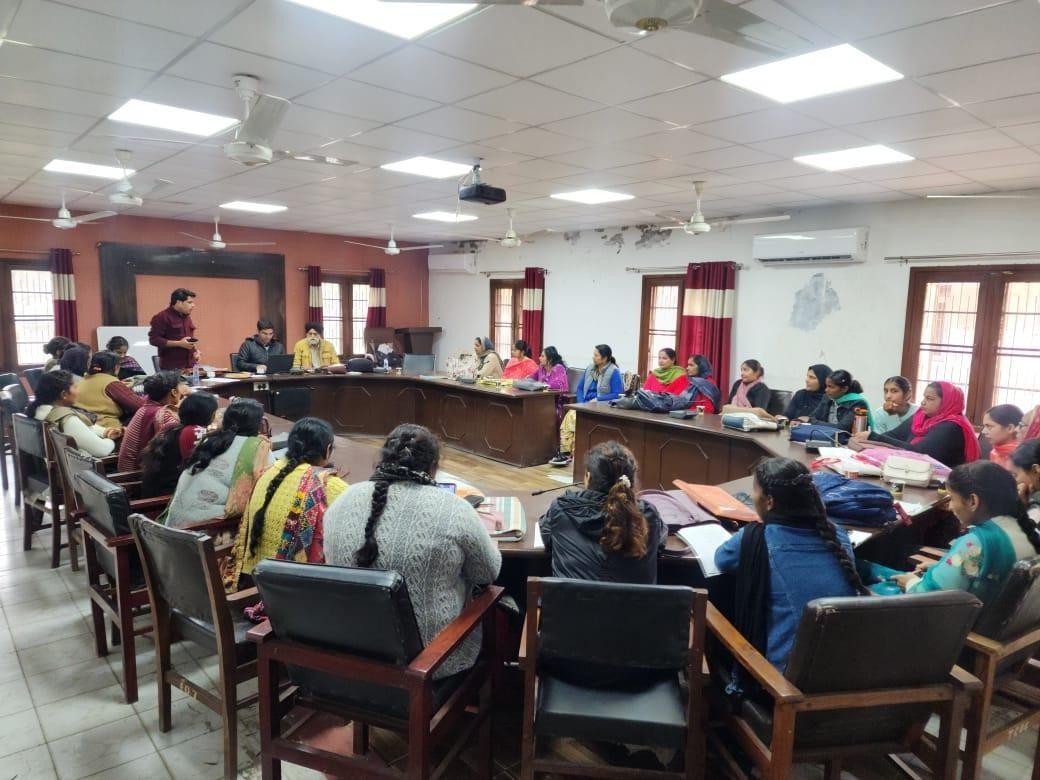
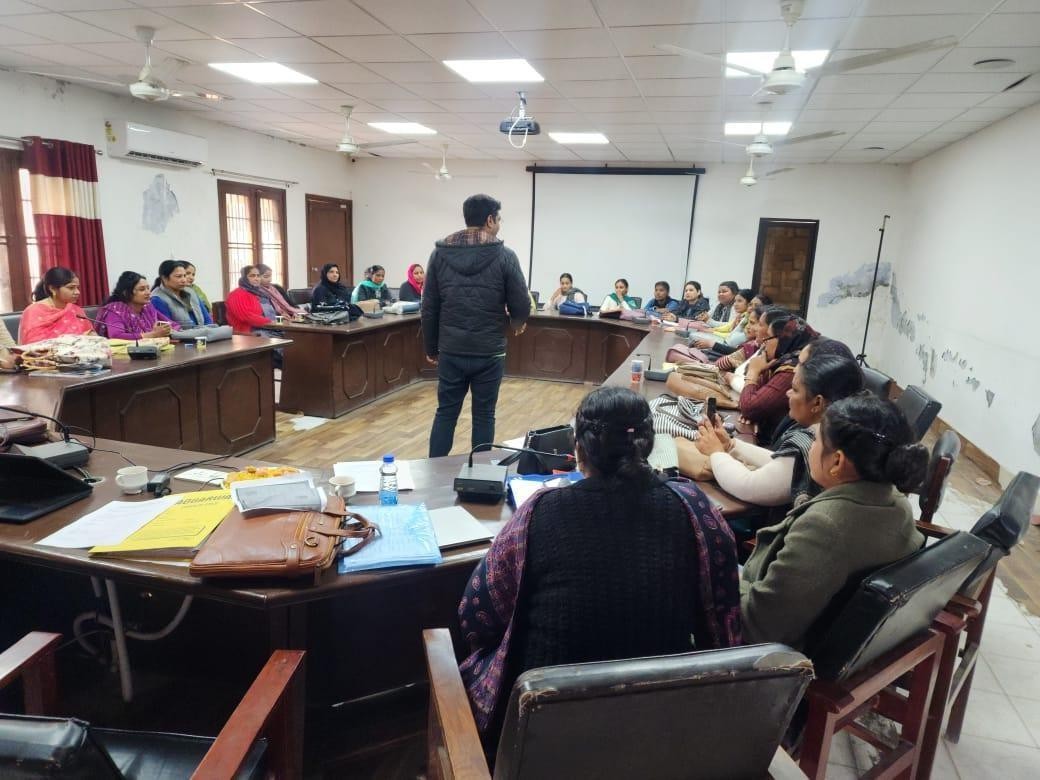
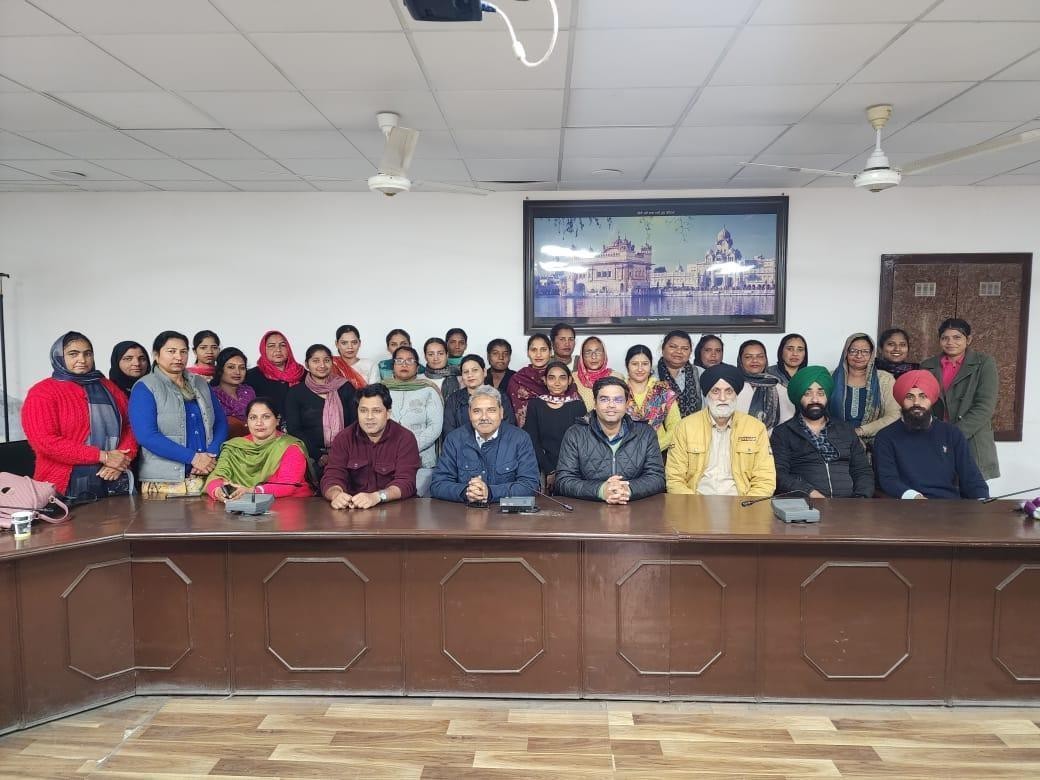
Building Rural Prosperity in Goa: Training Report on Micro Enterprise Development for Women Leaders
The Micro Enterprise Development (MED) training program for Community Resource Persons-Enterprise Promotion (CRP-EPs) in Goa was conducted by the Entrepreneurship Development Institute of India (EDII) from June 12 to July 19, 2025. The training took place at the Directorate of Art & Culture in Panaji, Goa, and was attended by 20 CRP-EPs from the Ponda and Tiswadi blocks.
The training aimed to develop the skills, knowledge, and entrepreneurial competencies of the CRP-EPs so they could provide business development support to rural entrepreneurs. The program also prepared the participants for the NAR certification. The training had a 100% success rate, with all 20 participants successfully qualifying for the NAR certification. Subsequently, they were onboarded as CRP-EPs for the MED program in the Tiswadi and Ponda blocks.
| Block | No. of Participants | Gender | Category Coverage |
|---|---|---|---|
| Tiswadi | 10 | All Female | General, OBC, ST |
| Ponda | 10 | All Female | General, OBC, ST |
| Total | 20 CRP-EPs | 100% Female | Inclusive representation across categories |




 SVEP
SVEP